When it comes to selecting tiles for your home or office space, two popular options that often come to mind are porcelain and ceramic tiles. While both materials offer a range of benefits, understanding their differences and advantages is crucial for making an informed decision. In this article, we will explore the characteristics, benefits, and considerations of porcelain and ceramic tiles, helping you choose the best option for your specific needs. Porcelain Tiles: Strength and Durability Porcelain tiles are highly regarded for their exceptional strength and durability. Made from a fine mixture of clay, feldspar, and other minerals, these tiles undergo high-temperature firing, resulting in a dense and hard-wearing surface. Due to their low water absorption rate (less than 0.5%), porcelain tiles are resistant to cracks, staining, and moisture damage. This makes them ideal for high-traffic areas such as kitchens, bathrooms, and commercial spaces.
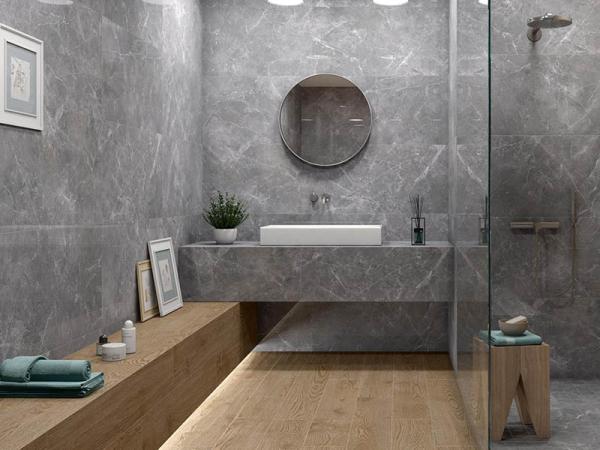
.
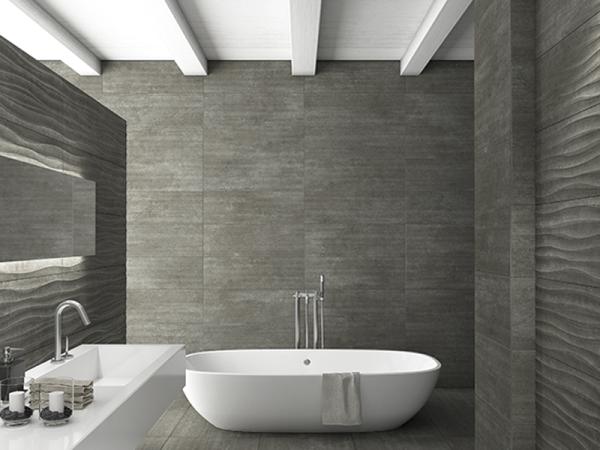 Ceramic Tiles: Versatility and Design Options Ceramic tiles are known for their versatility and wide array of design options. Made from a mixture of clay and natural materials, ceramic tiles are kiln-fired at a lower temperature than porcelain tiles. This process provides homeowners with endless options when it comes to colors, patterns, textures, and finishes. Ceramic tiles are ideal for adding a decorative touch to residential spaces, allowing for creative and personalized designs. Installation and Maintenance Both porcelain and ceramic tiles are relatively easy to install, making them suitable for both DIY enthusiasts and professional contractors. However, it is important to note that porcelain tiles, due to their density and weight, may require additional expertise and tools during installation. Ceramic tiles, on the other hand, are lighter and easier to handle. In terms of maintenance, porcelain tiles have the upper hand due to their low porosity.
Ceramic Tiles: Versatility and Design Options Ceramic tiles are known for their versatility and wide array of design options. Made from a mixture of clay and natural materials, ceramic tiles are kiln-fired at a lower temperature than porcelain tiles. This process provides homeowners with endless options when it comes to colors, patterns, textures, and finishes. Ceramic tiles are ideal for adding a decorative touch to residential spaces, allowing for creative and personalized designs. Installation and Maintenance Both porcelain and ceramic tiles are relatively easy to install, making them suitable for both DIY enthusiasts and professional contractors. However, it is important to note that porcelain tiles, due to their density and weight, may require additional expertise and tools during installation. Ceramic tiles, on the other hand, are lighter and easier to handle. In terms of maintenance, porcelain tiles have the upper hand due to their low porosity.
..
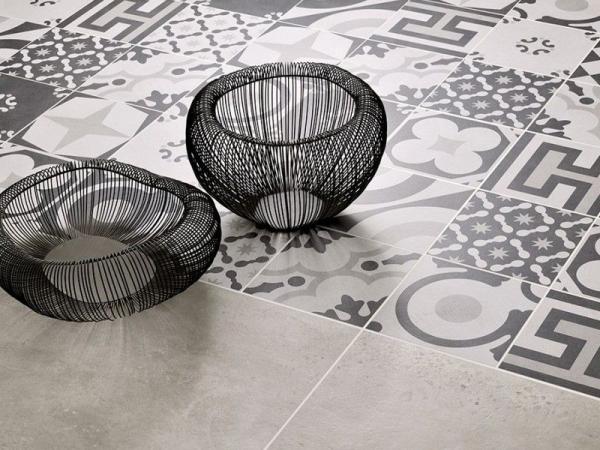 Regular sweeping, mopping, and occasional deep cleaning are usually sufficient to keep porcelain tiles looking clean and fresh. Ceramic tiles may require more frequent sealing to prevent staining. Cost Considerations Porcelain and ceramic tiles are available at varying price points, making it essential to consider your budget when making a decision. Generally, porcelain tiles tend to be a bit pricier due to their durability and high-quality composition. However, the added cost can be justified by their exceptional longevity and resistance to wear and tear. Ceramic tiles, while more affordable, may require replacement or repair in high-traffic areas over time. Final Thoughts Choosing between porcelain and ceramic tiles ultimately depends on your specific requirements and preferences.
Regular sweeping, mopping, and occasional deep cleaning are usually sufficient to keep porcelain tiles looking clean and fresh. Ceramic tiles may require more frequent sealing to prevent staining. Cost Considerations Porcelain and ceramic tiles are available at varying price points, making it essential to consider your budget when making a decision. Generally, porcelain tiles tend to be a bit pricier due to their durability and high-quality composition. However, the added cost can be justified by their exceptional longevity and resistance to wear and tear. Ceramic tiles, while more affordable, may require replacement or repair in high-traffic areas over time. Final Thoughts Choosing between porcelain and ceramic tiles ultimately depends on your specific requirements and preferences.
…
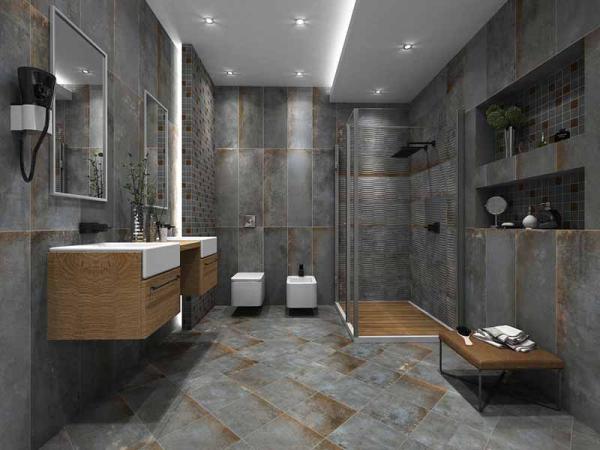 If you prioritize durability, low maintenance, and resistance to moisture, porcelain tiles may be the best option. On the other hand, if design versatility and affordability are your priorities, ceramic tiles offer a plethora of options to suit your taste. Before making a purchase, consider consulting with a reputable tile supplier or professional installer who can guide you towards the best choice for your desired tile installation. Remember, regardless of the material you choose, investing in high-quality tiles and professional installation will ensure a long-lasting and aesthetically pleasing result for your space.
If you prioritize durability, low maintenance, and resistance to moisture, porcelain tiles may be the best option. On the other hand, if design versatility and affordability are your priorities, ceramic tiles offer a plethora of options to suit your taste. Before making a purchase, consider consulting with a reputable tile supplier or professional installer who can guide you towards the best choice for your desired tile installation. Remember, regardless of the material you choose, investing in high-quality tiles and professional installation will ensure a long-lasting and aesthetically pleasing result for your space.

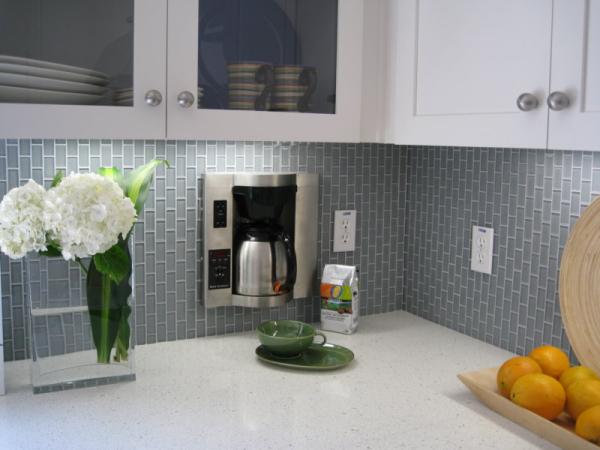
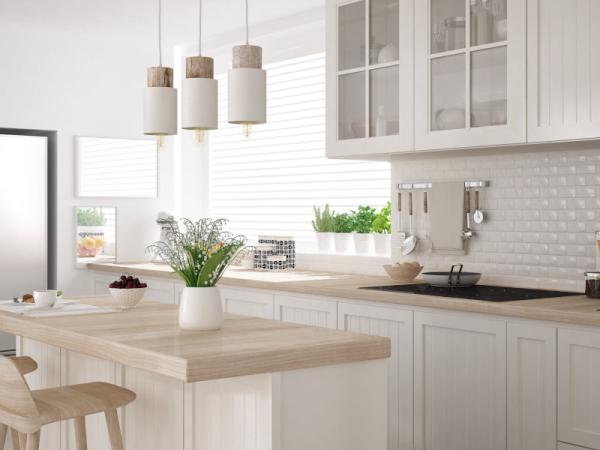
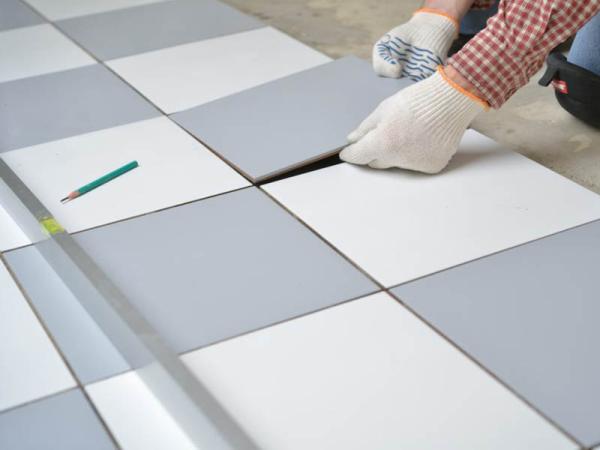
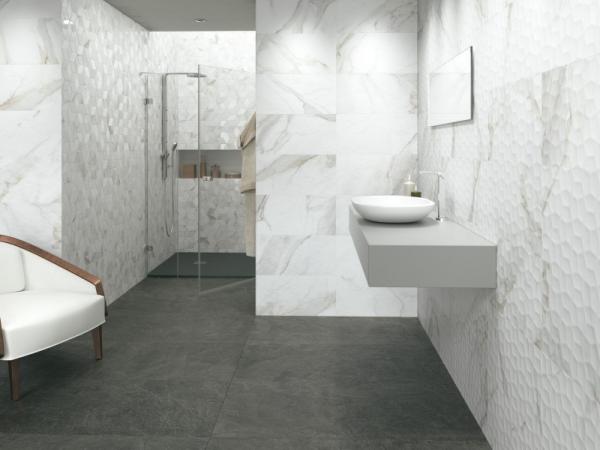
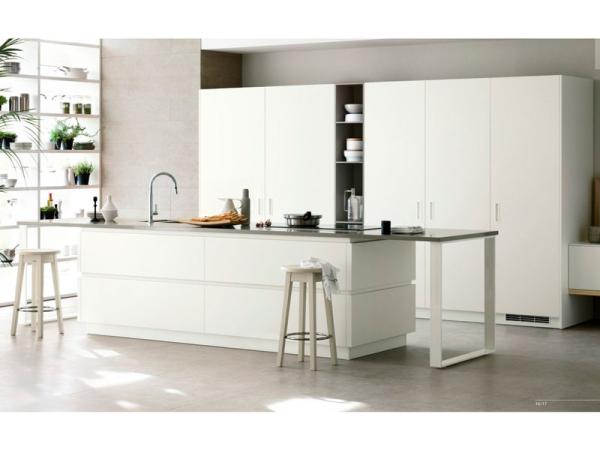
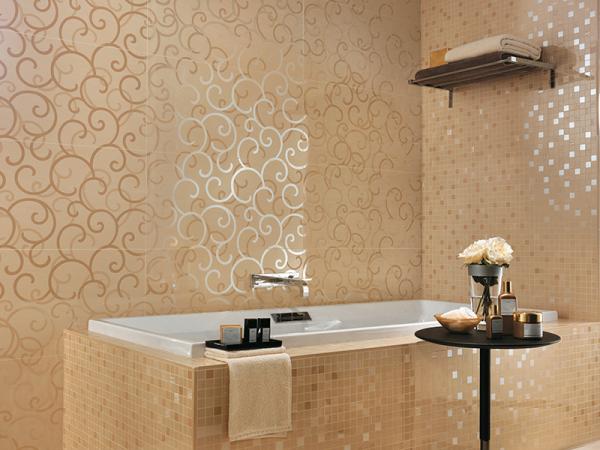
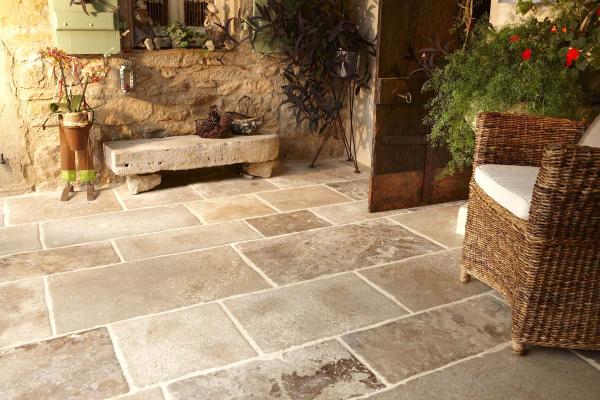
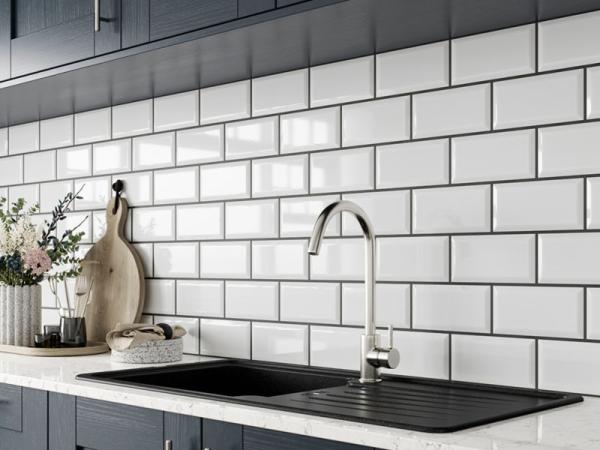
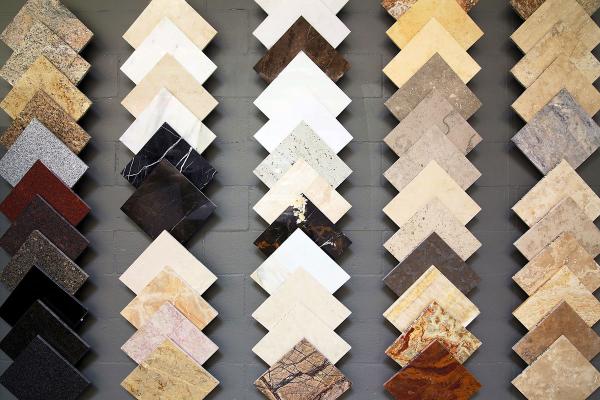
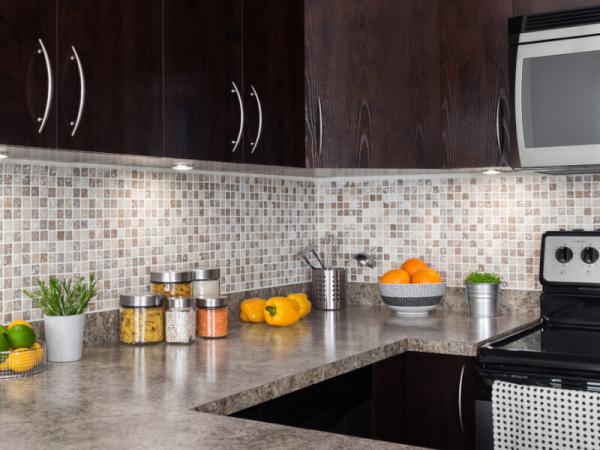
Your comment submitted.